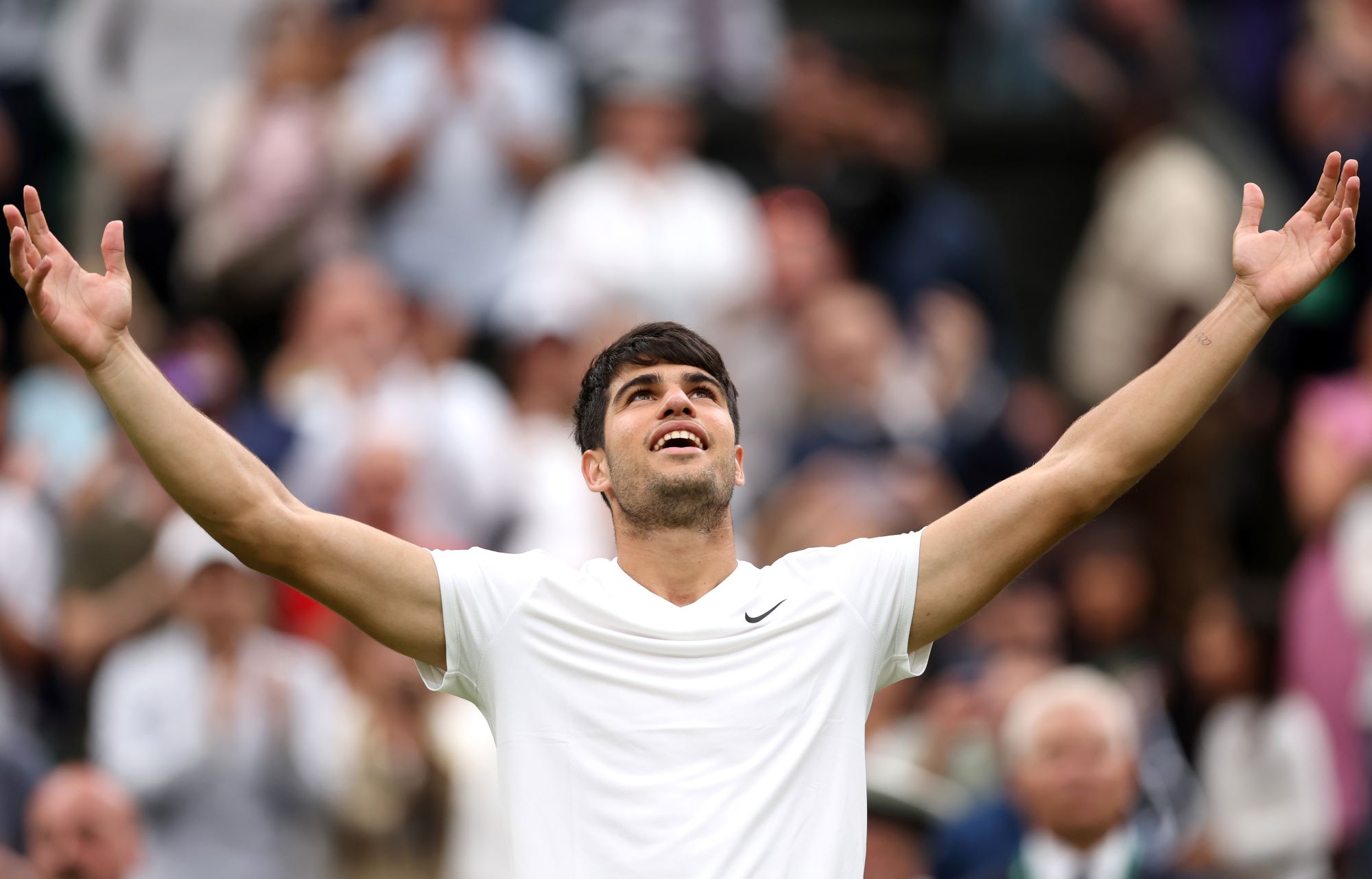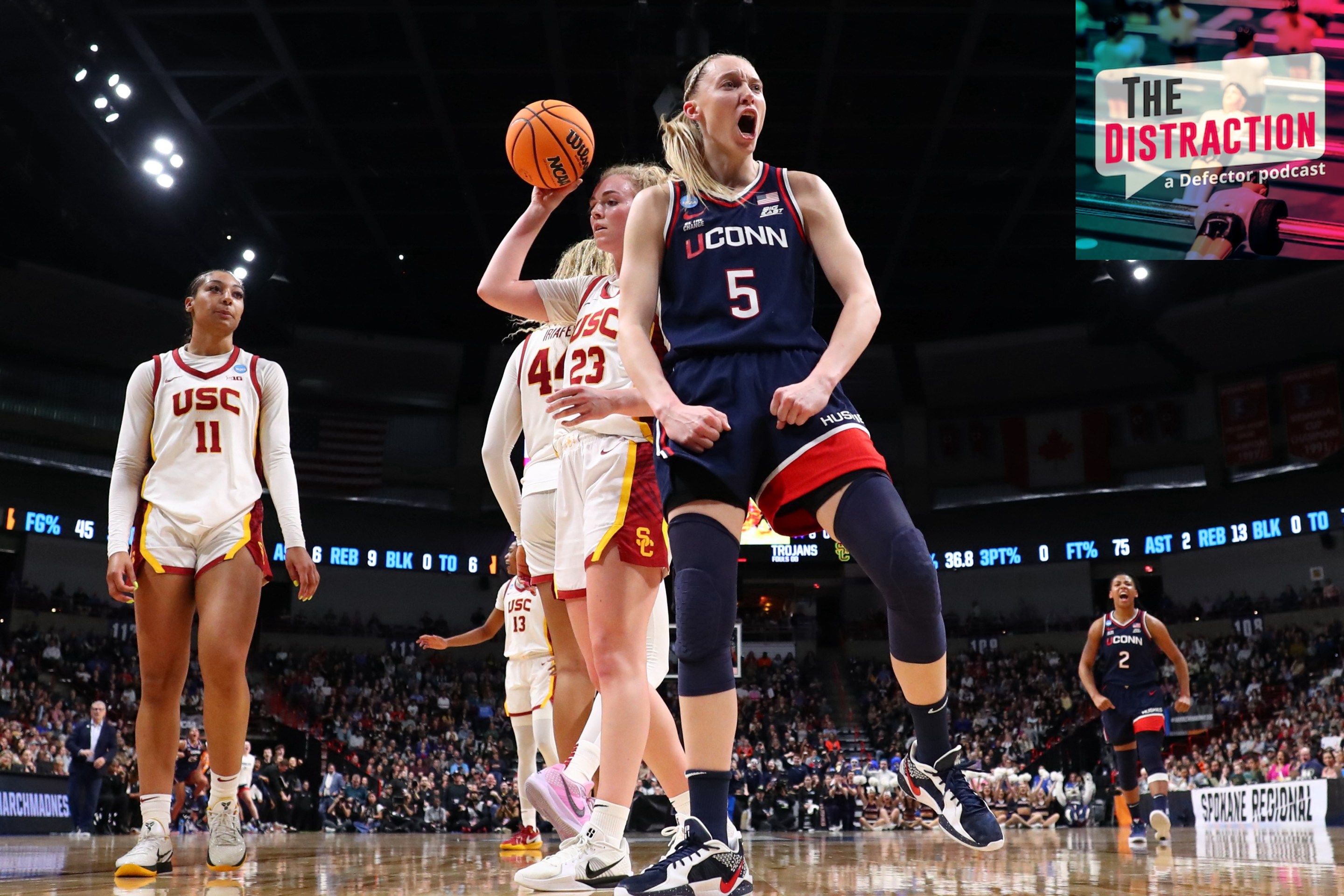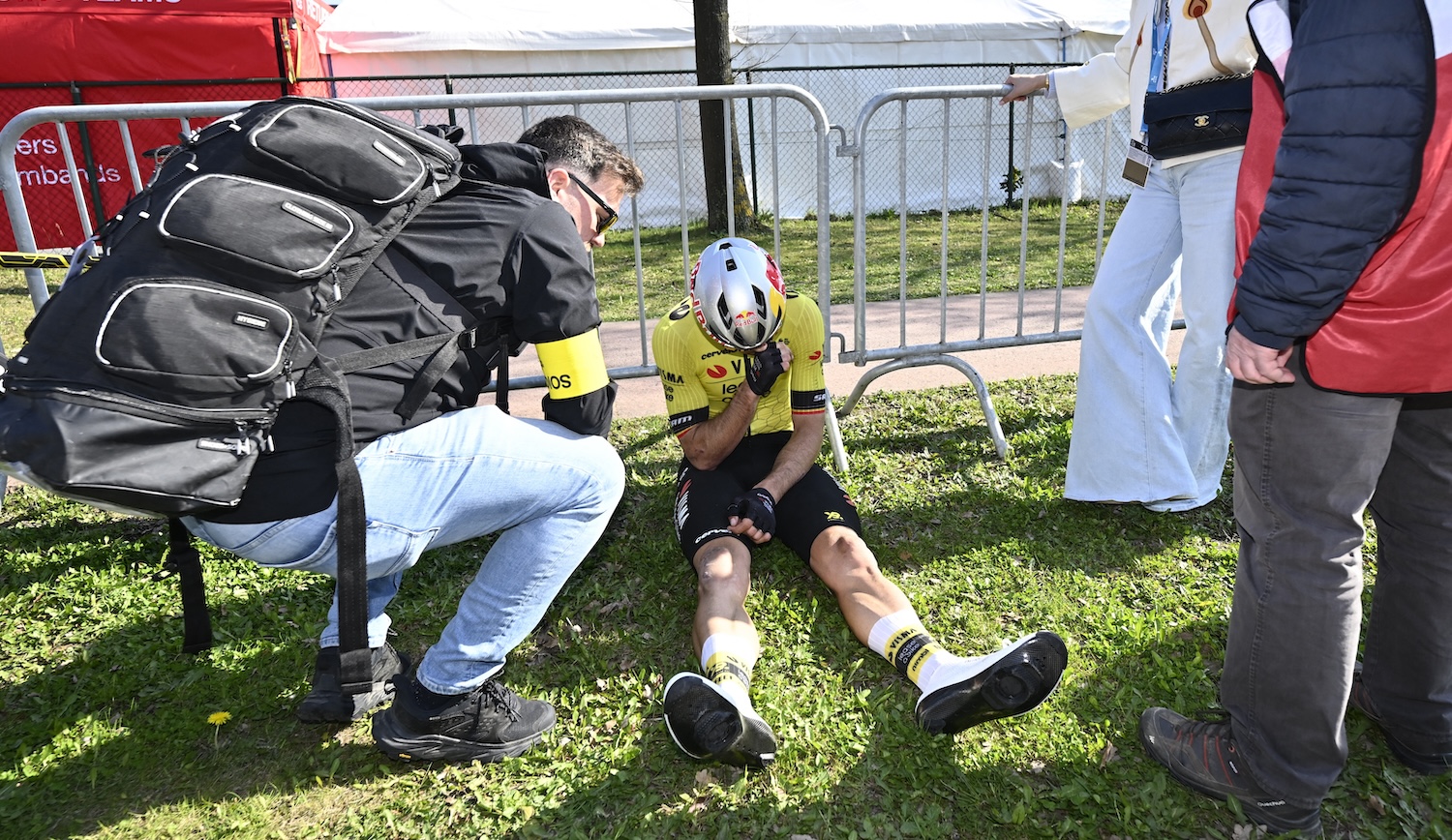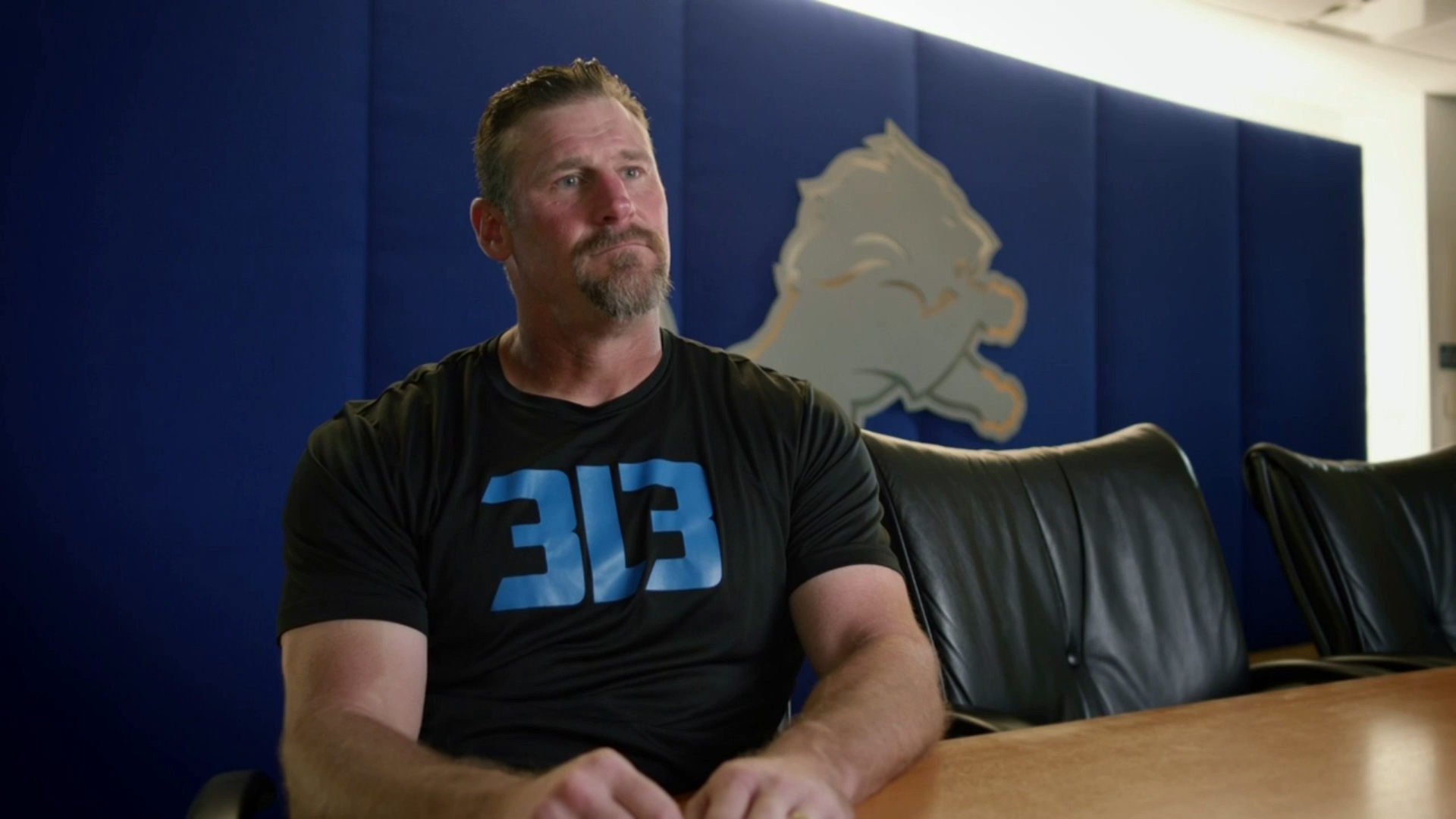At the Australian Open in 2022, an 18-year-old Carlos Alcaraz erased a two-set deficit against seventh seed Matteo Berrettini, blasting forehands and flicking drop shots and nodding to his box like an established champion when he pulled off a winner. I watched on my laptop at three in the morning, enraptured as Alcaraz grabbed the third set, then the fourth. He saved a match point to reach a do-or-die tiebreak, then drew blood against Berrettini’s serve by stealing the first point of the tiebreak with heavy baseline artillery. His game fell apart afterwards, though, with the more experienced and mature Berrettini navigating the tiebreak more successfully. Down match point, Alcaraz double faulted.
I thought at the time that Alcaraz would win a rematch even if he had to play one the next day. He was clearly better in full flight than Berrettini; he’d just started his comeback a bit too late. (As it happened, he didn't avenge the loss until he played Berrettini again a month later.) But I couldn’t have expected the extent to which Alcaraz would avoid a repeat of the close, heartbreaking defeat: He has played eight five-set matches since and won them all.
None of the fifth sets have even been very tight, which is surprising. After all, each player needs to win two sets for a fifth to even be possible, so both should know how to win points against the other. But once the ultimate set begins, Alcaraz is fast off the blocks and never looks back—he broke Novak Djokovic at 1-1 in the fifth set of the 2023 Wimbledon final, Jannik Sinner at 1-0 in the Roland-Garros semifinals last month, and Alexander Zverev at 1-1 in the final two days later. These players are all among the world’s top five.
Djokovic’s magic in close matches is more established, but it tends to come into play later in fifth sets against elite rivals. In four career five-setters against Roger Federer, he’s 4-0, but he has needed to save match points in three of those wins. Djokovic can play mathematically immaculate tennis, draining the life from his opponents’ games with the same shots that allow his own to flourish, and when he’s off he often looks strikingly mortal for 99% of the match only to produce just enough of that robotic perfection to avoid defeat. But Alcaraz seems not even to need the ability to squirm out of trouble late in a fifth set—he puts his opponents in a chokehold immediately. At least with Djokovic you can sometimes get close enough to victory to dream a little bit.
The 26-year-old American Frances Tiafoe was the latest to try and fail to beat Alcaraz in five. He had Alcaraz in an impossible position for much of their third-round match at Wimbledon on Friday. Tiafoe regularly goes for aces on his first serve, accepting some extra misses to ensure the serve is devastating when it does go in. But he also crushed returns (despite not practicing them), bunted short-backswing backhands at Alcaraz’s feet, and sliced feathery volleys at the net. Even with the absurdly high degree of difficulty on his shots, he scarcely missed, and when he did he’d immediately right his error on a bigger point. Alcaraz, then, had to be aggressive—whenever he let Tiafoe take control of the point, he’d lose it. But he also couldn’t miss himself, since that handed over the point for free. In the third and fourth sets Alcaraz did a little too much of both, trying to both play safely and hit corners rather than walk the perilous line between the two. I groaned at his unforced errors, but the reason for them was obvious—each neutral rally was so precious and rare that he knew he had to win every single one, so, naturally, he got tight and hit too many errors. For all Alcaraz’s gifts, a reliable backboard he is not.
In the fourth-set tiebreak, having fallen behind two sets to one and wriggled out of a love-30 hole at 4-4, Alcaraz told the perilous line to go to hell. With his title defense seven points away from ending early, his serve suddenly became unreturnable and he was the first to attack in rallies, no longer concerned about the price of a miss. One forehand went long, when Alcaraz was already up 5-0; everything else plunged viciously to its intended target. Tiafoe did nothing wrong, pulling Alcaraz to the net with a drop shot at 1-5 before lifting a gorgeous lob over him, but he was overmatched. Alcaraz sprinted through the tiebreak 7-2. It’s hard to overstate how thin the margin for error was here. Tiafoe made four unforced errors in each of the third and fourth sets. That’s it. Alcaraz either had to wrest the initiative from an incredibly aggressive and accurate opponent or go down in flames.
When the fifth set hit, Alcaraz was unplayable as usual. He opened the fifth set defending better than he had all day, forcing Tiafoe to hit two, three, four extra shots to win his points. Tiafoe earned a fantastic hold from love-15 to go up 1-0. Then Alcaraz ripped the next five consecutive games from him and all hope of victory vanished.
On Sunday, Alcaraz followed up with a fourth-round win in a tight four sets over Ugo Humbert. (Perhaps Humbert was fortunate to lose in four, thereby saving himself from playing an extra 45 minutes to experience the same inevitable fifth-set heartbreak.) He’s three matches away from defending his title. That's 15 sets, if he's pushed to showcase the heights of his mastery.
What can you do? Earlier this week, Tiafoe ruffled feathers by saying he’d spent much of the last year “losing to clowns” as his ranking fell from inside the top 10 to 25th. Word choice aside, I agreed with the sentiment that he was ranked far lower than his skills indicated. He backed up his bold words against Alcaraz. But he still lost, because Alcaraz apparently chats with the devil every time a match goes to a fifth set. Alcaraz is now 12-1 in five setters, a stat so widely publicized it will surely get in his opponents’ heads even before Alcaraz starts to pick up steam in a fifth set. Berrettini’s long-ago victory came against a version of him that no longer exists. That means the formula for winning a five-setter over the 21-year-old alien is still unknown.
In his on-court interview, Alcaraz revealed his secret: He wants to play the match on his terms in the fifth set, and he's OK with a loss as long as he commits to his risky shots. Fearing only self-defeat and not a brave loss echoes Rafael Nadal’s philosophy and must be incredibly liberating. It’s the “just do your best” you hear as a kid from an adult you respect that genuinely takes the pressure off. Of course, being aware of that mindset and internalizing it are tasks as different as beating Tiafoe and beating Alcaraz in a five-set match.






